The United Kingdom’s Supreme Court has ruled that the Tate Modern’s viewing platform invades the privacy of neighbouring luxury flats. The platform, which opened in 2016 in the museum’s Blavatnik building, four years after the flats were completed, provides 360-degree views of the city as well as a direct view into the glass-fronted units. The case, which has been ongoing for six years, involves five owners of four flats taking action against the Tate over the estimated half a million visitors a year interfering with the ‘ordinary use and enjoyment’ of their properties. ‘It is not difficult to imagine how oppressive living in such circumstances would feel for any ordinary person – much like being on display in a zoo,’ said Lord Leggatt in his ruling. The case will return to the High Court to determine a solution for the flat owners.
UNESCO has designated the historic centre of Odesa in Ukraine a World Heritage in Danger site. With the city’s cultural heritage under threat since Russia’s invasion of Ukraine in February 2022, the listing is designed to give the city access to financial and technical international aid. ‘While the war continues, this inscription embodies our collective determination to ensure that this city, which has always surmounted global upheavals, is preserved from further destruction,’ commented Audrey Azoulay, the director-general of UNESCO. The most notable historic sites in the city include the Odesa Opera House, which became a symbol of resilience when it reopened in June 2022, and the steps to the harbour, featured in Sergei Eisenstein’s film Battleship Potemkin (1925).
On Wednesday, the British Museum was closed amid the strikes taking place across the United Kingdom in protest at working conditions and poor pay. The closure followed the announcement that more than 100 of the institution’s security and visitor services staff – who belong to the Culture Group of the Public and Commercial Service (PCS) union – will strike for a week beginning on 13 February. ‘The past decade of austerity has eroded the pay of museum workers across the U.K.,’ Gareth Spencer, president of the PCS Culture Group, told the Art Newspaper. ‘Security guards and front-of-house workers at the British Museum have had enough of low or below inflation pay rises.’
A French court has ordered Christie’s to return a painting by the Dutch Old Master Adriaen Van Der Werff to the heirs of its original owner. The Penitent Magdalene (1707) formerly belonged to the French banker and art collector Lionel Hauser, who was a cousin of Marcel Proust. In 1945, Hauser reported that the Nazis had seized his 40-work art collection, including the Van Der Werff painting, from his home in October 1942. The French government included photographs of the stolen painting in the Répertoire des biens spoliés listing property looted during the war, but the record went unacknowledged by Christie’s, who sold the work in London in 2005 for £60,000 without including its provenance history. When its current owner approached the auction house about a sale in 2017, Christie’s traced the work to Hauser and contacted his heirs. The auction house offered to split the proceeds of its sale with them, but refused to return the work outright, citing the statute of limitations in the UK. Christie’s has now been instructed to return the painting, with a €500 daily fine for any delays.
The fashion designer Paco Rabanne has died at the age of 88. Born Francisco Rabaneda Cuervo in the Basque Country in February 1934, the designer became famous in the 1960s for his Space Age-inspired designs and unconventional use of materials such as metal, paper and plastic. A statement shared on the fashion house’s official Instagram account reads: ‘We are grateful to Monsieur Rabanne for establishing our avant-garde heritage and defining a future of limitless possibilities.’
Unlimited access from just $16 every 3 months
Subscribe to get unlimited and exclusive access to the top art stories, interviews and exhibition reviews.


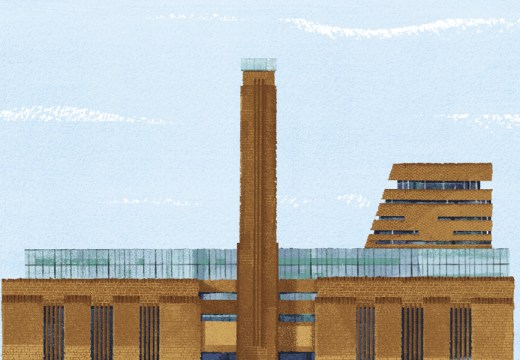
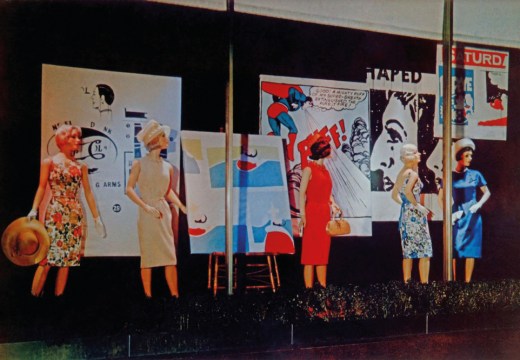
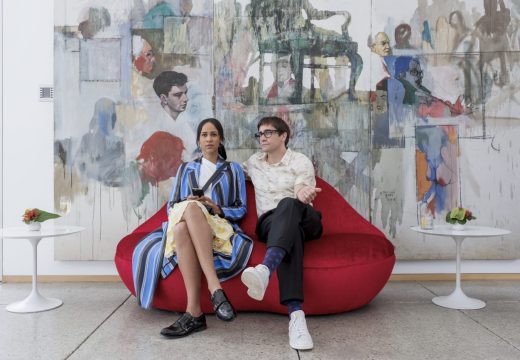







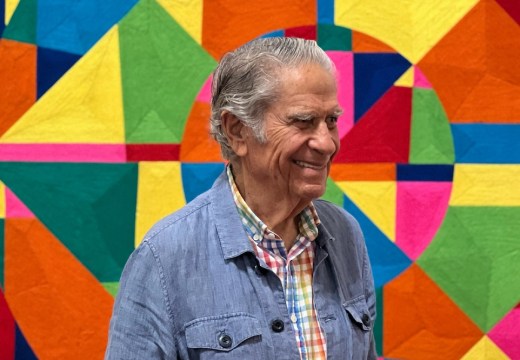
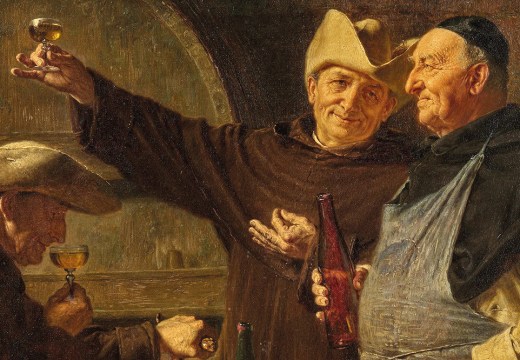
![Masterpiece [Re]discovery 2022. Photo: Ben Fisher Photography, courtesy of Masterpiece London](http://www.apollo-magazine.com/wp-content/uploads/2022/07/MPL2022_4263.jpg)






